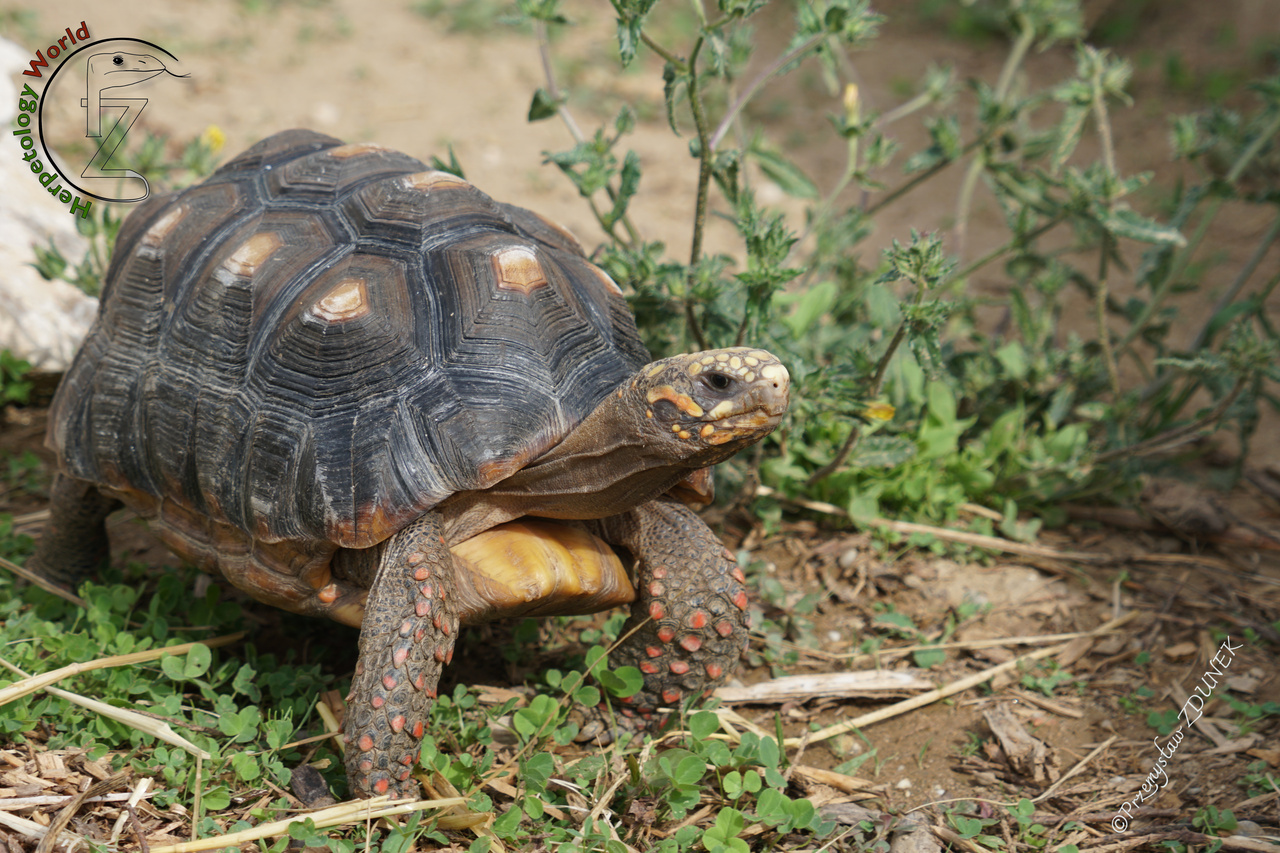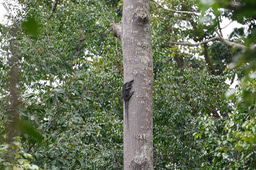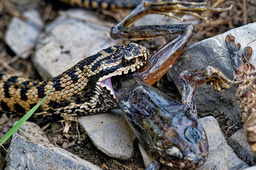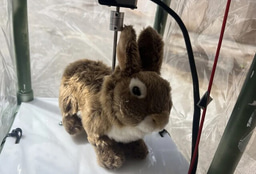
.
Do reptiles feel emotions such as optimism or anxiety? I have already written about this in previous posts.
.
New research confirms and supplements our existing ideas about reptile consciousness in terms of emotions.
.jpg)
.
Scientists studied red-footed tortoises (Chelonoidis carbonaria) using a method often used in humans and mammals: the cognitive bias test.
.
Tortoises kept in a rich, stimulating environment were more likely to interpret ambiguous situations optimistically, indicating a positive emotional state. Even more convincingly, the same tortoises showed less anxiety in moderately stressful situations, suggesting that their mood was not fleeting but long-lasting.
.
The team studied 15 red-footed tortoises using a cognitive bias test—an approach developed in humans which reveals whether individuals respond optimistically or pessimistically in their judgment of ambiguity, depending on their background mood.
.
This is further evidence that reptiles, like mammals and birds, can experience sustained emotional states. And since reptiles diverged from mammals and birds more than 300 million years ago, these findings point to deep evolutionary roots for moods and emotions across the animal kingdom.
.
The implications are profound. As reptiles become increasingly popular as pets and in zoos, recognizing their emotional complexity may change the way we care for them. Understanding whether animals can experience moods and emotions is crucial for informing welfare standards.
.
If you want more information, I encourage you to read the references:
Hoehfurtner, T., Wilkinson, A., Moszuti, S.A. et al. Evidence of mood states in reptiles. Anim Cogn 28, 52 (2025).




Please sign in or register for FREE
If you are a registered user on WildHub, please sign in